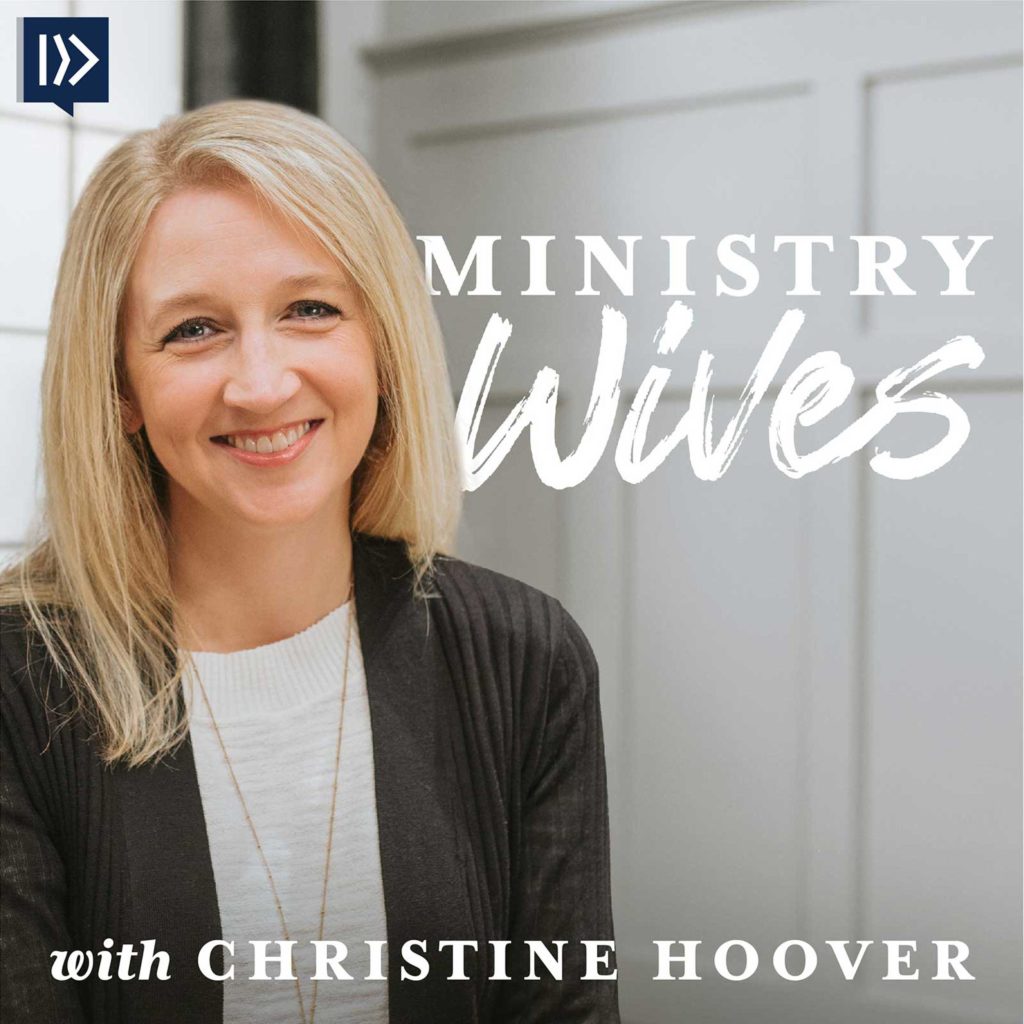{A Note from Kathy Ferguson Litton, National Consultant for Ministry to Pastor’s Wives, Flourish.me: My friend Trevin Wax recently posted this insightful blog regarding school choice. He cites a helpful book that can serve as great resource in navigating parents through difficult school choice decisions. This piece is a healthy conversation concerning an often emotionally charged decision.}
It’s the “back-to-school” time of year: the season of buying textbooks, gathering school supplies, and meeting your kids’ teachers. But should it be?
Should Christians leave the public schools and send their children to private or Christian schools? What about homeschooling?
Nothing revs up a parent more than having a family’s educational choice questioned or challenged. But I believe it’s important to discuss the strengths and weaknesses of each approach to schooling, and I think we can do so in a civil and respectful manner.
The book Perspectives on Your Child’s Education presents four major options for the Christian family. Each contributor makes a case for his preference and then defends it after being critiqued by the other contributors. Here are three of those choices (I’ve combined the “open-admission” and “covenantal” Christian schools into one), and the strengths and weaknesses of each:
Option #1: Public School System
Troy Temple makes a case for considering public schooling. He does not believe parents should send their children there as “missionaries,” though some speak that way. Neither does he believe public schooling should be required of all Christians. But he does believe public schooling in places where teachers are at least respectful to Christianity is a legitimate option.
The Case For
The Case Against
Option #2: Christian School
G. Tyler Fisher makes a case for open-admission Christian schooling, and Mark Eckel argues for covenantal Christian schools. These positions are more alike than different, so I will treat them together here. These authors believe that holistic education must include Christian teaching (over against the public school advocate) and that teachers well trained in their fields are best equipped to give children the skills to succeed (over against homeschool advocates).
The Case For
The Case Against
Option #3: Homeschooling
Michael Wilder makes a case for homeschooling, since Scripture places on parents the ultimate responsibility for a child’s education. Because public schooling fails to utilize a Christian philosophy of education and because many Christian schools do not live up to their high standards, Wilder believes homeschooling is often (not always) the best choice.
The Case For
The Case Against
Which Option Do You Choose?
Before opening the discussion, I believe it’s important to remember that the church is united by faith in the gospel of Jesus Christ, not by agreement on the best approach to educating our children. It worries me whenever I visit a church where every family has chosen the same educational path (whether it be an exclusively homeschool family church, Christian school clique, or public school involvement). Bible-believing Christians can and do come to different conclusions on this matter.
But our differences should not preclude good and open conversation. Whichever option you choose, you will be served well by people who disagree with you, who point out the weaknesses to your approach. That way, we can acknowledge the strengths and weaknesses of each and then seek to minimize whatever weaknesses our approach entails.
How have you come to a conclusion regarding education? And why?
Published August 18, 2014


